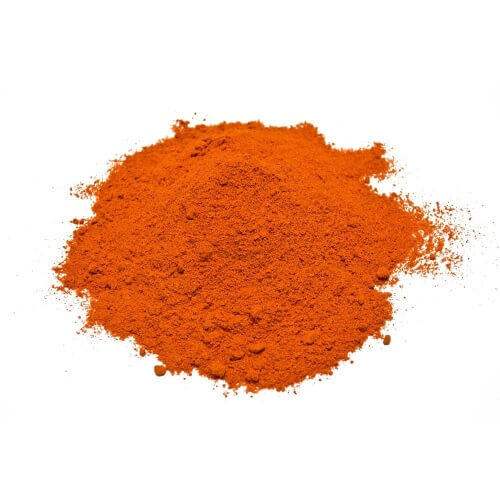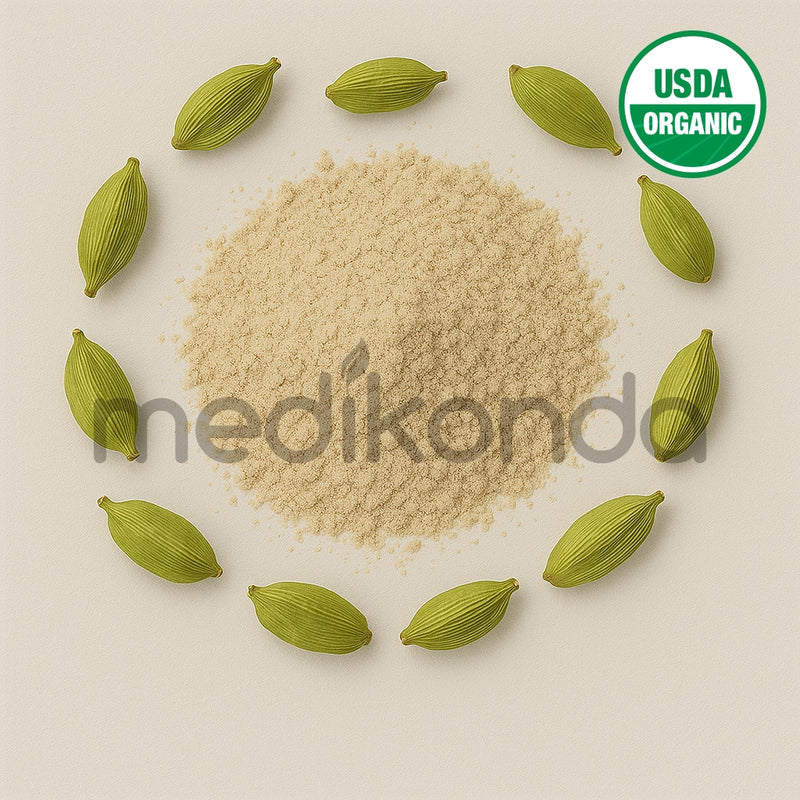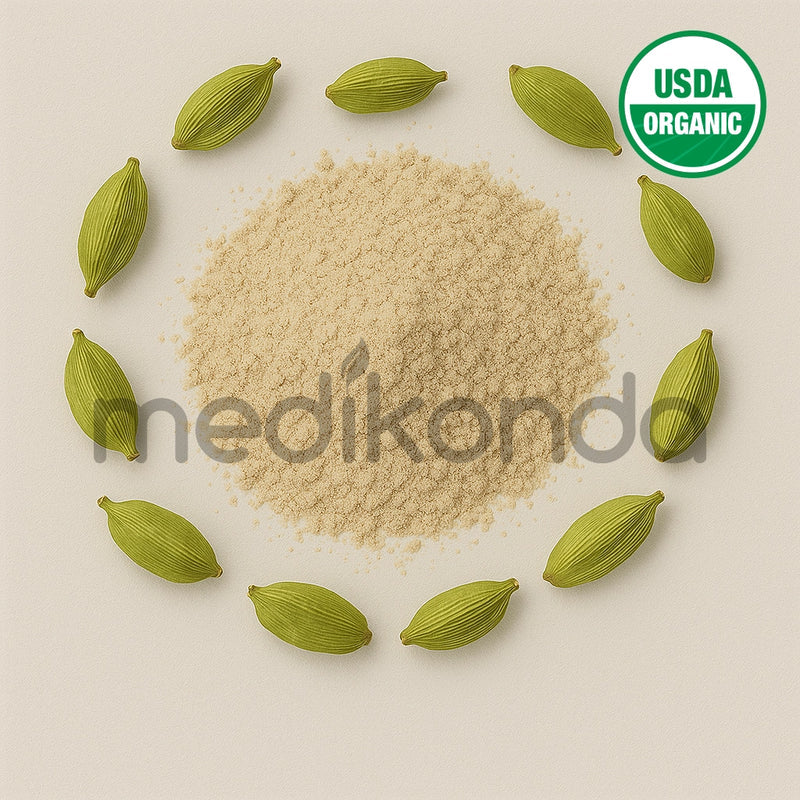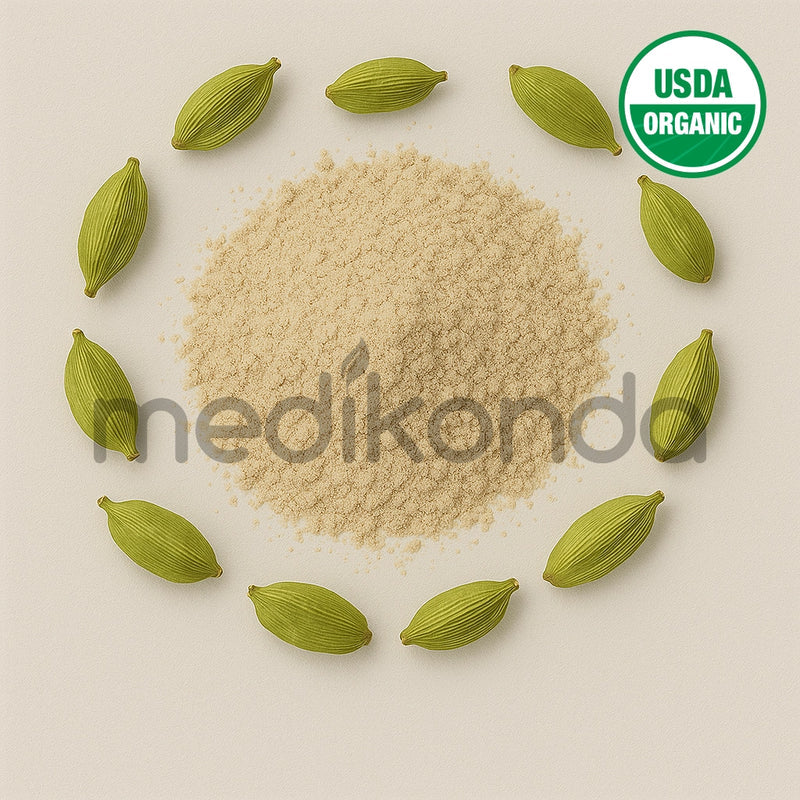Add description, images, menus and links to your mega menu
A column with no settings can be used as a spacer
Link to your collections, sales and even external links
Add up to five columns
Add description, images, menus and links to your mega menu
A column with no settings can be used as a spacer
Link to your collections, sales and even external links
Add up to five columns
LOOKING FOR BULK INGREDIENTS PRICING?
GET INSTANT QUOTEwhat ingredient are you looking for?

Benefits of Lycopene - Wholesale B2B Bulk Suppliers in Australia and New Zealand
Lycopene: The Powerful Antioxidant Behind the Red
What is Lycopene?
Lycopene is a bright red carotenoid pigment found naturally in various red and pink fruits and vegetables—most notably in tomatoes. It is a powerful antioxidant known for its ability to neutralize free radicals, reduce oxidative stress, and support cellular health. Unlike some other carotenoids, lycopene is not converted into vitamin A, but it offers a wide range of health benefits on its own.
Sources of Lycopene
While tomatoes and tomato-based products are the richest sources, lycopene can also be found in:
-
Watermelon
-
Pink grapefruit
-
Red bell peppers
-
Papaya
-
Guava
-
Red cabbage
Interestingly, cooked or processed tomato products (like tomato paste, ketchup, and sauce) often contain higher bioavailable lycopene than raw tomatoes, due to the heat breaking down cell walls and enhancing absorption.
Health Benefits of Lycopene
1. Powerful Antioxidant Activity
Lycopene’s strong antioxidant properties help combat free radicals—unstable molecules that contribute to aging, cell damage, and chronic diseases.
2. Heart Health Support
Studies suggest that lycopene may:
-
Lower LDL (bad) cholesterol
-
Reduce blood pressure
-
Improve blood vessel function
-
Protect against oxidative stress in heart tissues
This makes it beneficial in reducing the risk of atherosclerosis and cardiovascular disease.
3. Cancer Prevention Potential
Lycopene has been extensively researched for its potential role in reducing the risk of certain cancers, especially:
-
Prostate cancer
-
Lung cancer
-
Breast cancer
Its ability to protect cells from damage and regulate abnormal cell growth is key to this effect.
4. Skin Protection
Lycopene helps defend the skin from UV-induced damage. Regular intake may:
-
Reduce redness caused by sun exposure
-
Slow skin aging
-
Improve overall skin texture and appearance
5. Eye Health
Lycopene helps protect the eyes from oxidative stress and may help prevent macular degeneration and cataracts, especially when combined with other carotenoids like lutein and zeaxanthin.
6. Bone Health
Some studies have linked higher lycopene intake to increased bone density and reduced bone degradation, suggesting a role in osteoporosis prevention.
How to Maximize Lycopene Absorption
-
Cook your tomatoes: Lycopene becomes more bioavailable when heated.
-
Pair with healthy fats: Since lycopene is fat-soluble, consuming it with oils (like olive oil) enhances absorption.
-
Choose processed tomato products: Tomato juice, paste, and sauces can provide concentrated lycopene.
Lycopene Supplements
Lycopene is also available in capsule or softgel form, often derived from tomato extract. These are especially useful for:
-
Individuals with low vegetable intake
-
People with higher oxidative stress (e.g., smokers, athletes)
-
Those seeking targeted prostate or heart support
However, it’s always best to prioritize whole food sources unless supplements are medically recommended.
Final Thoughts
Lycopene is more than just a pigment—it’s a potent antioxidant with wide-reaching benefits for heart health, cancer prevention, skin protection, and more. Whether through a vibrant tomato salad or a spoonful of tomato paste, adding lycopene-rich foods to your diet is a simple, effective way to protect and nourish your body from the inside out.
For bulk orders and inquiries, visit Medikonda Nutrients - Lycopene
Medikonda Nutrients is the Largest Manufacturer, B2B Bulk Wholesale Supplier of Lycopene in Australia and New Zealand.
Also in Medikonda: Health & Wellness
SUBSCRIBE NOW ...
Don't miss to get latest updates on sales, new releases and promotions




